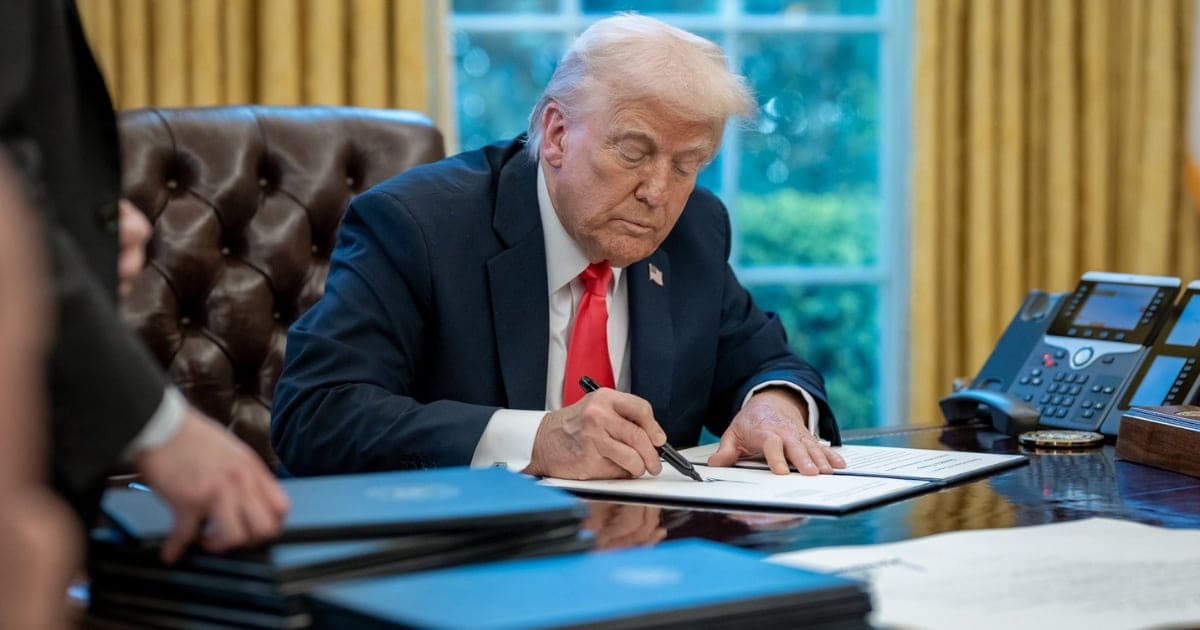The Cellular Operators Association of India (COAI) has written to the Department of Telecommunications (DoT) opposing its move to allow fourth-generation (4G) players like Reliance Industries (RIL) to provide voice services.
The industry body said it is "distressed by attempts" on the part of the DoT to give "undue benefits" to RIL, owned by Mukesh Ambani, India's richest man. RIL is the only company with nationwide 4G broadband airwaves.
"DoT is trying to illegally enlarge the scope of RIL's services," the industry body alleged, adding that backdoor entry for voice services should not be allowed as it would cause "a significant loss to the exchequer and is discriminatory".
COAI's core membership includes private cellular operators Aircel, Bharti Airtel, Etisalat, Idea Cellular, Loop Mobile (India), S-Tel, Unitech Wireless and associated companies, Videocon Telecommunications and Vodafone Essar.
Firms which own the broadband wireless access (BWA) airwaves can provide voice services along with high-speed Internet if they pay a fee of Rs 1,658 crore, Telecom Secretary R. Chandrashekhar had said earlier this month.
"There is no restriction on the technology that is being used (to provide voice services)," he had added.
The shift to a unified licence regime on the payment of Rs 1,650 crore should not be allowed, the COAI said today.
A move by Reliance Industries, which is still preparing to launch high-speed 4G Internet services, into the voice market will intensify competition and hurt rivals such as Bharti Airtel and the Indian unit of Vodafone group.
The Telecom Commission has approved the move, but it must to be formally signed off by the telecommunications minister, Mr Chandrashekhar had said.
Voice accounts for almost 85 per cent of Indian carriers' revenues, while data is still at a nascent stage. Data services contribute just about 5-6 per cent of the total mobile services revenues as fewer people browse the Internet on phones.
Separately, the Telecom Commission deferred a plan to bring tower companies under the Unified Licensing regime, which is positive for companies such as Bharti Infratel.
If brought under the regime, the tower companies would have to pay an annual licence fee of 8 per cent of their revenue and would be required to cut foreign shareholding to 74 per cent.
Currently, the companies pay no licence fee and a foreign shareholder can own as much as 100 per cent of their equity.
With inputs from Reuters
The Cellular Operators Association of India (COAI) has written to the Department of Telecommunications (DoT) opposing its move to allow fourth-generation (4G) players like Reliance Industries (RIL) to provide voice services.
The industry body said it is "distressed by attempts" on the part of the DoT to give "undue benefits" to RIL, owned by Mukesh Ambani, India's richest man. RIL is the only company with nationwide 4G broadband airwaves.
"DoT is trying to illegally enlarge the scope of RIL's services," the industry body alleged, adding that backdoor entry for voice services should not be allowed as it would cause "a significant loss to the exchequer and is discriminatory".
COAI's core membership includes private cellular operators Aircel, Bharti Airtel, Etisalat, Idea Cellular, Loop Mobile (India), S-Tel, Unitech Wireless and associated companies, Videocon Telecommunications and Vodafone Essar.
Firms which own the broadband wireless access (BWA) airwaves can provide voice services along with high-speed Internet if they pay a fee of Rs 1,658 crore, Telecom Secretary R. Chandrashekhar had said earlier this month.
"There is no restriction on the technology that is being used (to provide voice services)," he had added.
The shift to a unified licence regime on the payment of Rs 1,650 crore should not be allowed, the COAI said today.
A move by Reliance Industries, which is still preparing to launch high-speed 4G Internet services, into the voice market will intensify competition and hurt rivals such as Bharti Airtel and the Indian unit of Vodafone group.
The Telecom Commission has approved the move, but it must to be formally signed off by the telecommunications minister, Mr Chandrashekhar had said.
Voice accounts for almost 85 per cent of Indian carriers' revenues, while data is still at a nascent stage. Data services contribute just about 5-6 per cent of the total mobile services revenues as fewer people browse the Internet on phones.
Separately, the Telecom Commission deferred a plan to bring tower companies under the Unified Licensing regime, which is positive for companies such as Bharti Infratel.
If brought under the regime, the tower companies would have to pay an annual licence fee of 8 per cent of their revenue and would be required to cut foreign shareholding to 74 per cent.
Currently, the companies pay no licence fee and a foreign shareholder can own as much as 100 per cent of their equity.
With inputs from Reuters
The Cellular Operators Association of India (COAI) has written to the Department of Telecommunications (DoT) opposing its move to allow fourth-generation (4G) players like Reliance Industries (RIL) to provide voice services.
The industry body said it is "distressed by attempts" on the part of the DoT to give "undue benefits" to RIL, owned by Mukesh Ambani, India's richest man. RIL is the only company with nationwide 4G broadband airwaves.
"DoT is trying to illegally enlarge the scope of RIL's services," the industry body alleged, adding that backdoor entry for voice services should not be allowed as it would cause "a significant loss to the exchequer and is discriminatory".
COAI's core membership includes private cellular operators Aircel, Bharti Airtel, Etisalat, Idea Cellular, Loop Mobile (India), S-Tel, Unitech Wireless and associated companies, Videocon Telecommunications and Vodafone Essar.
Firms which own the broadband wireless access (BWA) airwaves can provide voice services along with high-speed Internet if they pay a fee of Rs 1,658 crore, Telecom Secretary R. Chandrashekhar had said earlier this month.
"There is no restriction on the technology that is being used (to provide voice services)," he had added.
The shift to a unified licence regime on the payment of Rs 1,650 crore should not be allowed, the COAI said today.
A move by Reliance Industries, which is still preparing to launch high-speed 4G Internet services, into the voice market will intensify competition and hurt rivals such as Bharti Airtel and the Indian unit of Vodafone group.
The Telecom Commission has approved the move, but it must to be formally signed off by the telecommunications minister, Mr Chandrashekhar had said.
Voice accounts for almost 85 per cent of Indian carriers' revenues, while data is still at a nascent stage. Data services contribute just about 5-6 per cent of the total mobile services revenues as fewer people browse the Internet on phones.
Separately, the Telecom Commission deferred a plan to bring tower companies under the Unified Licensing regime, which is positive for companies such as Bharti Infratel.
If brought under the regime, the tower companies would have to pay an annual licence fee of 8 per cent of their revenue and would be required to cut foreign shareholding to 74 per cent.
Currently, the companies pay no licence fee and a foreign shareholder can own as much as 100 per cent of their equity.
With inputs from Reuters

 Sign Up with Google
Sign Up with Google




 RECOMMENDED FOR YOU
RECOMMENDED FOR YOU





